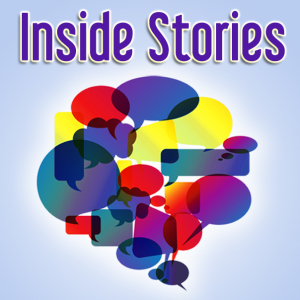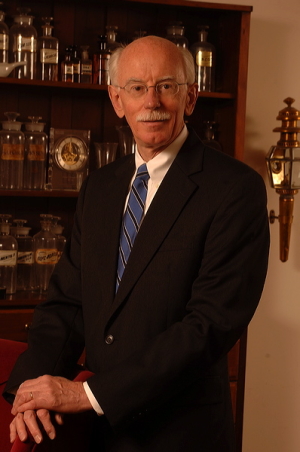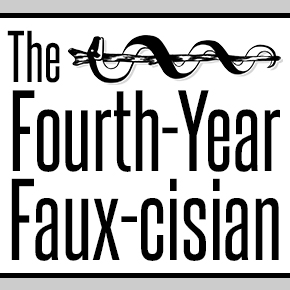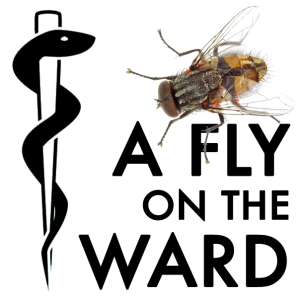 Sanjay Salgado (1 Posts)
Sanjay Salgado (1 Posts)Editor Emeritus: Former Medical Student Editor (2014-2015)
Weill Cornell Medical College
Sanjay received a undergraduate degree from Amherst College, where he studied Neuroscience and Religion. He is currently a class of 2015 medical student at Weill Cornell Medical College.
In 1984, in the midst of fleeing the Soviet invasion of Afghanistan, a young girl agreed to pose for a photo. In her short life, she had survived the carpet bombings that claimed the lives of her parents, trekked through mountains to escape her war-torn home, and struggled to adjust to life amongst a sea of other refugees — but she had never been photographed. Restricted by her religion from smiling at a male photographer, …
She had not been home in at least three days. She sat motionless, shoulders slumped, arms draped limply over her lap. I couldn’t tell if she had nodded off. The wrinkles of her clothes seemed to blend into the lines of her face, stuck in a soft, yet permanent frown. The red of her blouse appeared faint against her pallid skin, as if exhaustion had sapped everything it could from her being, and had moved …
How can doctors-in-training frame their attitudes about the challenges of medical school to make it a nourishing and enjoyable process? Sonali, a second-year medical student in New York, describes how the teachings she learned from her Hindu Vedanta tradition about selfless service — also known as “karma yoga” — influence her approach to medical school.
When I began to think about becoming a doctor — sixty years ago while in high school — I thought of medicine in terms of being a healer. I imagine each of you have had similar thoughts before and now during medical school. But what does it mean to be a healer and how does one go about becoming one?
How can doctors-in-training navigate uncomfortable encounters with physicians of different generations and genders? Sam, a third-year medical student, shares her experience receiving inappropriate advances from an older male doctor, and reflects on the range of responses she could have made.
When I told people I was going to medical school, the first thing I’d hear was, “Oh, you’ll be a good doctor.” As an idealistic and energetic first-year, I was flattered every time a standardized patient complimented me. But I wasn’t a good doctor — I don’t even have an MD. I was exposed to esoteric subjects like biochemistry and physiology, but I wasn’t much help to any person in distress. I believed, like my …
It’s easy to see how the hospital can be an intimidating place for a patient. Being alone, in an unknown environment, covered only a flimsy cloth gown, and surrounded by strangers can make anyone anxious. Now, imagine not knowing what these strangers are saying to you, about you. Imagine these strangers cannot understand a single word you say. I had just finished up a previous case in the OR with the orthopedics team when the …
How can doctors-in-training cultivate a strong community in order to survive the challenges of the first year of medical school? Mckenna, a rising second-year medical student, reflects on the lessons she learned from her first year in medical school: the importance of working with others, taking care of yourself and being humble. She also shares why she feels hopeful for the future of health care.
Ms. Romero is an otherwise healthy medical student who was transferred to the MICU with acute liver failure; isoniazid toxicity. Crystal had a positive PPD screening, negative chest x-ray and started therapy for potential LTBI. After seven weeks the patient felt fatigued, anorexic, jaundiced, RUQ abdominal pain, and was found to have elevated LFT’s & INR. She was originally admitted to INOVA for observation, but was transferred to Medstar Georgetown University Hospital MICU and worked …
This week on History & Physical, Kevin Wang interviews Dr. Danielle Ofri. Dr. Ofri is the author of The New York Times best-seller “What Doctors Feel,” editor-in-chief of the Bellevue Literary Review, contributor to The New York Times, associate professor of medicine at New York University School of Medicine, and internist at Bellevue Hospital.
How can doctors-in-training stay open to the many possible paths they can pursue without getting overwhelmed? Rebecca, a rising second-year medical student who took time off between undergrad and medical school, reflects on the challenges and opportunities that committing to medical school entails for her.
How can doctors-in-training practice medicine with a social justice approach that acknowledges health is not just about medicine, but about systems? Teresa, a recent medical school graduate from Hawaii going into family medicine, examines how her own privilege informed her mission to serve the communities she cares for as a clinician.
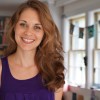 Annie Robinson (52 Posts)
Annie Robinson (52 Posts)Curator of Inside Stories and in-Training Staff Member
Columbia University
Annie Robinson completed a Master of Science in Narrative Medicine at Columbia University in 2014. She previously studied the healing power of stories as an undergraduate at NYU’s Gallatin School of Individualized Study.
Annie works as Narrative Coaching Specialist with Eating Disorder Recovery Specialists, helping individuals in the early stages of eating disorder recovery through mindfulness, meditation, yoga, and narrative practices. She is also the Program Officer at Health Story Collaborative, a non-profit that creates forums for individuals to tell their stories of personal health challenges, and curates another oral narratives projects called On the Road to Recovered: Voices from the Eating Disorder Recovery Community.
Annie is a coordinator and full-spectrum doula for The Doula Project in New York City, providing compassionate care for women during experiences of abortion, miscarriage, and fetal loss.
As a yoga teacher, writer, educator, and co-founder of NYC-based wellness community Pause, Breathe, and Connect, Annie shares her passion for integrative approaches to wellbeing. She is dedicated to creating spaces for people to explore the healing potential of interweaving of stories, spirituality, and somatic experience.
Inside Stories
Inside Stories is an oral narratives project which invites medical students to share their experiences in medical school in the form of brief podcasts published and archived on in-Training. The project aims to provide a means of personal healing, self-realization and empowerment through the sharing and receiving of personal stories, as well as to cultivate community among students in the often isolating medical school environment. The title Inside Stories reflects the project's mission to encourage students to go inside themselves and bring forth things that often go unspoken. It also represents the inside look listeners are granted into the sometimes private, challenging and confusing experiences students may have.
Made possible in part by a grant from the Arnold P. Gold Foundation and FJC.



